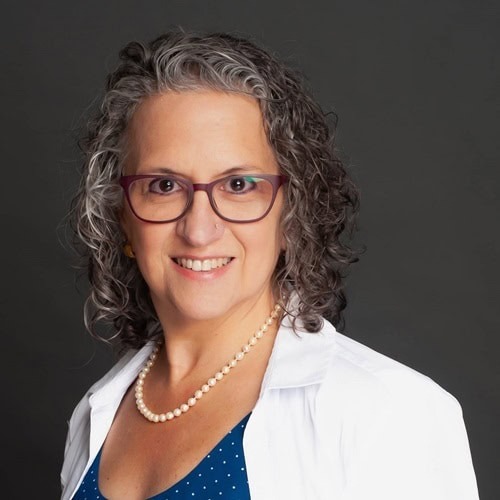Introduction
The recommendation to lower the consumption of saturated fat in the diet to reduce the risk of cardiovascular disease (CVD) has been a central theme in both the US and Canada since 1977. However, a landmark report published by the American College of Cardiology has stated that there is no beneficial effect on either CVD or death from lowering saturated fatty acid (SFA) intake, and that saturated fat may actually be protective against stroke [1].
This reassessment was based on a meta-analysis of randomized control trials and observational studies. The report noted that foods like whole-fat dairy, unprocessed meat, eggs, and dark chocolate are nutrient-dense and not associated with increased risk of cardiovascular disease [1].
Dietary Recommendations to Lower Saturated Fat
Since 1977, dietary guidelines moved the public away from fat toward a diet where more than half the calories were from carbohydrate. This was based on the assumption that raising total LDL (LDL-C) increased heart disease risk. We now know that it is specifically the small, dense LDL particles that are associated with heart disease, not all LDL particles [2].
Coinciding with these “low fat” recommendations, obesity rates have skyrocketed from ~10% of the population to 1 in 3 in the US and 1 in 4 in Canada. Shunning whole-fat dairy and eggs for 40 years has done so without benefit to CVD rates or mortality, while likely contributing to the epidemics of type 2 diabetes and hypertension.
The Bias Against Saturated Fat
The JACC report suggests that the long-standing bias against saturated fats should be replaced with recommendations for healthy, whole foods. It emphasizes that low-carbohydrate diets high in saturated fat are not only popular for weight management but may also improve metabolic disease [1]. There is no robust evidence that arbitrary upper limits on saturated fat prevent CVD.
Final Thoughts
After four decades of “low-fat” messaging, we have strong evidence that saturated fat from unprocessed sources does not contribute to heart disease. As we move forward, it is essential to focus on nutrient-dense, real food rather than refined starches and sugars that were used to replace fats in our diets.
More Info?
If you would like more information about restoring your health by eating a diet lower in carbohydrates that includes real, whole food, you can learn about me and the Comprehensive Dietary Package that I offer.
To your good health!
Joy
You can follow me on:
Twitter: https://twitter.com/jyerdile
Facebook: https://www.facebook.com/BetterByDesignNutrition/
References
- Astrup A, Magkos F, Bier DM, et al. Saturated Fats and Health: A Reassessment and Proposal for Food-Based Recommendations: JACC State-of-the-Art Review. J Am Coll Cardiol. 2020 Aug 18;76(7):844-857. [https://doi.org/10.1016/j.jacc.2020.05.077]
- Lamarche B, Lemieux I, Després JP. The small, dense LDL phenotype and the risk of coronary heart disease: epidemiology, patho-physiology and therapeutic aspects. Diabetes Metab. 1999 Sep;25(3):199-211. [https://pubmed.ncbi.nlm.nih.gov/10499189/]

© 2025 BetterByDesign Nutrition Ltd.

Joy is a Registered Dietitian Nutritionist and owner of BetterByDesign Nutrition Ltd. She has a postgraduate degree in Human Nutrition, is a published mental health nutrition researcher, and has been supporting clients’ needs since 2008. Joy is licensed in BC, Alberta, and Ontario, and her areas of expertise range from routine health, chronic disease management, and digestive health to therapeutic diets. Joy is passionate about helping people feel better and believes that Nutrition is BetterByDesign©.
